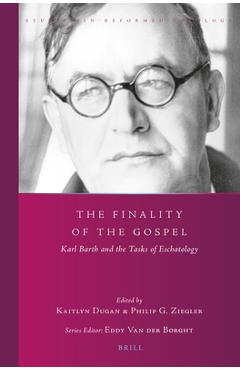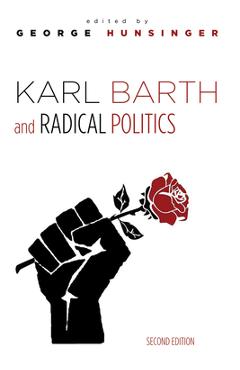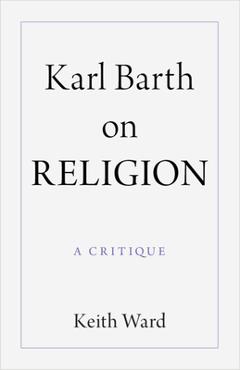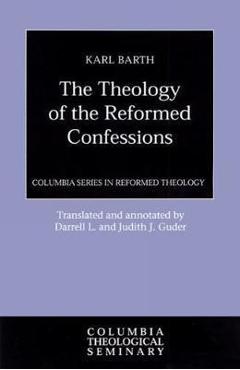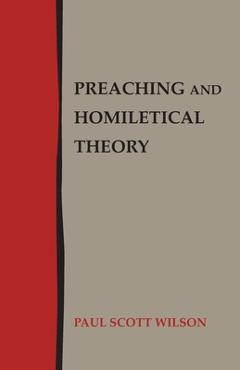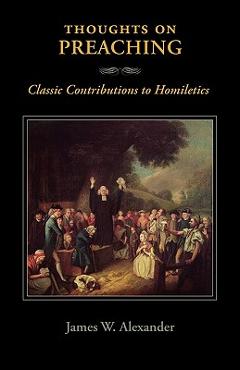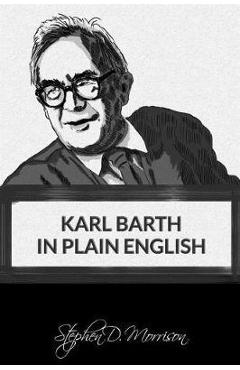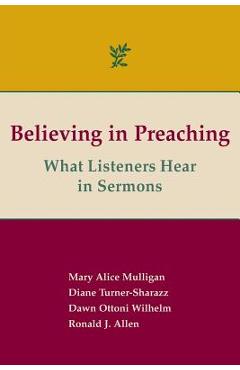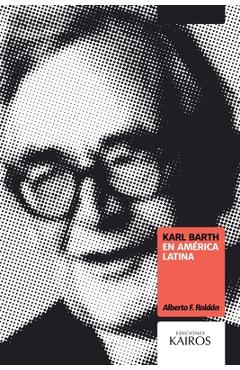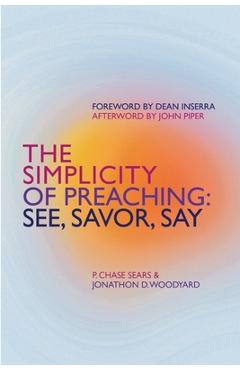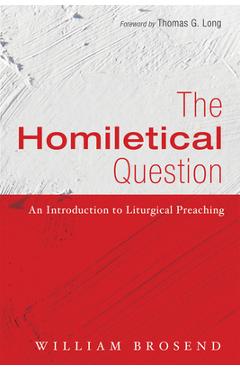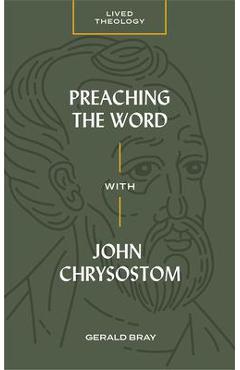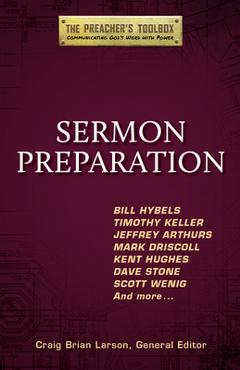Karl Barth's Emergency Homiletic, 1932-1933: A Summons to Prophetic Witness at the Dawn of the Third Reich
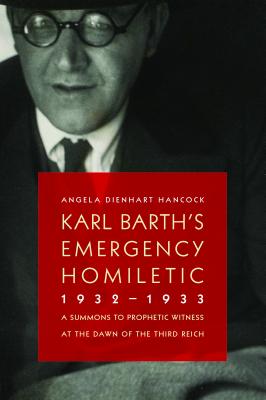
Karl Barth's Emergency Homiletic, 1932-1933: A Summons to Prophetic Witness at the Dawn of the Third Reich
What does a theologian say to young preachers in the early 1930s, at the dawn of the Third Reich? What Karl Barth did say, how he said it, and why he said it at that time and place are the subject of Angela Dienhart Hancock's book. This is the story of how a preaching classroom became a place of resistance in Germany in 1932-33 -- a story that has not been told in its fullness. In that emergency situation, Barth took his students back to the fundamental questions about what preaching is and what it is for, returning again and again to the affirmation of the Godness of God, the only ground of resistance to ideological captivity. No other text has so interpreted Barth's Exercises in Sermon Preparation in relation to their theological, political, ecclesiastical, academic, and rhetorical context.
What does a theologian say to young preachers in the early 1930s, at the dawn of the Third Reich?
What Karl Barth did say, how he said it, and why he said it at that time and place are the subject of Angela Dienhart Hancock's book. This is the story of how a preaching classroom became a place of resistance in Germany in 1932-33 -- a story that has not been told in its fullness. In that emergency situation, Barth took his students back to the fundamental questions about what preaching is and what it is for, returning again and again to the affirmation of the Godness of God, the only ground of resistance to ideological captivity.
No other text has so interpreted Barth's -Exercises in Sermon Preparation- in relation to their theological, political, ecclesiastical, academic, and rhetorical context.
What does a theologian say to young preachers in the early 1930s, at the dawn of the Third Reich?
What Karl Barth did say, how he said it, and why he said it at that time and place are the subject of Angela Dienhart Hancock's book. This is the story of how a preaching classroom became a place of resistance in Germany in 1932-33 -- a story that has not been told in its fullness. In that emergency situation, Barth took his students back to the fundamental questions about what preaching is and what it is for, returning again and again to the affirmation of the Godness of God, the only ground of resistance to ideological captivity.
No other text has so interpreted Barth's -Exercises in Sermon Preparation- in relation to their theological, political, ecclesiastical, academic, and rhetorical context.
What does a theologian say to young preachers in the ea
PRP: 269.70 Lei
Acesta este Pretul Recomandat de Producator. Pretul de vanzare al produsului este afisat mai jos.
215.76Lei
215.76Lei
269.70 LeiLivrare in 2-4 saptamani
Descrierea produsului
What does a theologian say to young preachers in the early 1930s, at the dawn of the Third Reich? What Karl Barth did say, how he said it, and why he said it at that time and place are the subject of Angela Dienhart Hancock's book. This is the story of how a preaching classroom became a place of resistance in Germany in 1932-33 -- a story that has not been told in its fullness. In that emergency situation, Barth took his students back to the fundamental questions about what preaching is and what it is for, returning again and again to the affirmation of the Godness of God, the only ground of resistance to ideological captivity. No other text has so interpreted Barth's Exercises in Sermon Preparation in relation to their theological, political, ecclesiastical, academic, and rhetorical context.
What does a theologian say to young preachers in the early 1930s, at the dawn of the Third Reich?
What Karl Barth did say, how he said it, and why he said it at that time and place are the subject of Angela Dienhart Hancock's book. This is the story of how a preaching classroom became a place of resistance in Germany in 1932-33 -- a story that has not been told in its fullness. In that emergency situation, Barth took his students back to the fundamental questions about what preaching is and what it is for, returning again and again to the affirmation of the Godness of God, the only ground of resistance to ideological captivity.
No other text has so interpreted Barth's -Exercises in Sermon Preparation- in relation to their theological, political, ecclesiastical, academic, and rhetorical context.
What does a theologian say to young preachers in the early 1930s, at the dawn of the Third Reich?
What Karl Barth did say, how he said it, and why he said it at that time and place are the subject of Angela Dienhart Hancock's book. This is the story of how a preaching classroom became a place of resistance in Germany in 1932-33 -- a story that has not been told in its fullness. In that emergency situation, Barth took his students back to the fundamental questions about what preaching is and what it is for, returning again and again to the affirmation of the Godness of God, the only ground of resistance to ideological captivity.
No other text has so interpreted Barth's -Exercises in Sermon Preparation- in relation to their theological, political, ecclesiastical, academic, and rhetorical context.
What does a theologian say to young preachers in the ea
Detaliile produsului











